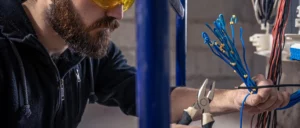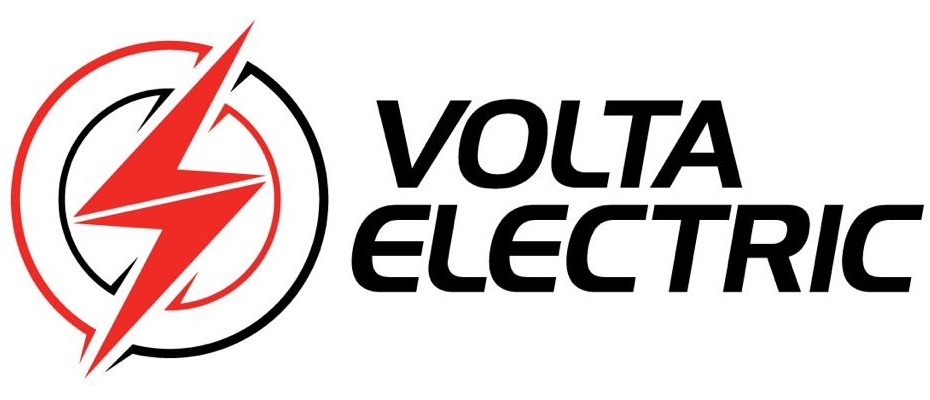
Electrical contractors play a vital role in ensuring the safe and efficient operation of electrical systems in residential properties. From installation to maintenance and repair, electrical contractors offer a range of services that help homeowners meet their electrical needs. Let’s explore some common services provided by residential electrical contractors, highlighting their significance in maintaining the functionality and safety of residential electrical systems.
Electrical System Installation
One of the primary services offered by residential electrical contractors is the installation of electrical systems. Whether it’s a new construction project or a renovation, electrical contractors work closely with homeowners, architects, and contractors to design and install electrical systems that meet their specific needs. This includes wiring installation, electrical panel setup, installation of outlets and switches, and connection to the main power supply. Electrical contractors ensure that all installations comply with building codes and safety regulations.
Lighting Installation and Design
Proper lighting enhances the functionality, aesthetics, and ambiance of a home. Residential electrical contractors assist homeowners in selecting and installing appropriate lighting fixtures, such as overhead lights, recessed lighting, pendant lights, and sconces. They also provide guidance on lighting design, ensuring optimal placement and functionality. Electrical contractors may recommend energy-efficient lighting solutions, such as LED bulbs, to help homeowners reduce energy consumption and save on electricity bills.
Electrical Upgrades and Rewiring
Over time, electrical systems in residential properties may require upgrades or rewiring to meet increased electrical demands or to replace outdated components. Electrical contractors assess the existing electrical infrastructure and recommend necessary upgrades or rewiring to ensure the system’s safety and capacity. This may include upgrading electrical panels, replacing outdated wiring, or installing additional outlets to accommodate modern electrical appliances and devices.
Electrical Repairs and Troubleshooting
Electrical contractors provide repair and troubleshooting services for residential properties. They are skilled in diagnosing and resolving various electrical issues, such as power outages, circuit breaker trips, faulty outlets, and flickering lights. Electrical contractors use specialized tools and equipment to identify the root cause of the problem and perform necessary repairs. Promptly addressing electrical issues is essential to prevent safety hazards and ensure the uninterrupted functioning of electrical systems.
Safety Inspections
Residential electrical contractors offer safety inspection services to identify potential electrical hazards and ensure compliance with safety standards. These inspections involve a comprehensive examination of the electrical system, including wiring, outlets, switches, and electrical panels. Electrical contractors inspect for signs of wear and tear, outdated components, improper installations, and other safety concerns.
Electrical System Maintenance
Regular maintenance of electrical systems is crucial for optimal performance and longevity. Residential electrical contractors offer routine maintenance services, such as checking electrical connections, inspecting electrical panels, testing outlets and switches, and evaluating grounding systems. Maintenance visits help identify early signs of potential problems, allowing contractors to address them before they escalate into major issues.
Finally, residential electrical contractors provide a wide range of services that are essential for the functionality, safety, and convenience of electrical systems in homes. From installations and upgrades to repairs, troubleshooting, inspections, and maintenance, these services ensure that homeowners have reliable and efficient electrical systems. By enlisting the expertise of residential electrical contractors, homeowners can trust that their electrical needs are met with professionalism, adherence to regulations, and a commitment to safety.
Learn more:
What is the role of an electrical contractor in a construction project?

